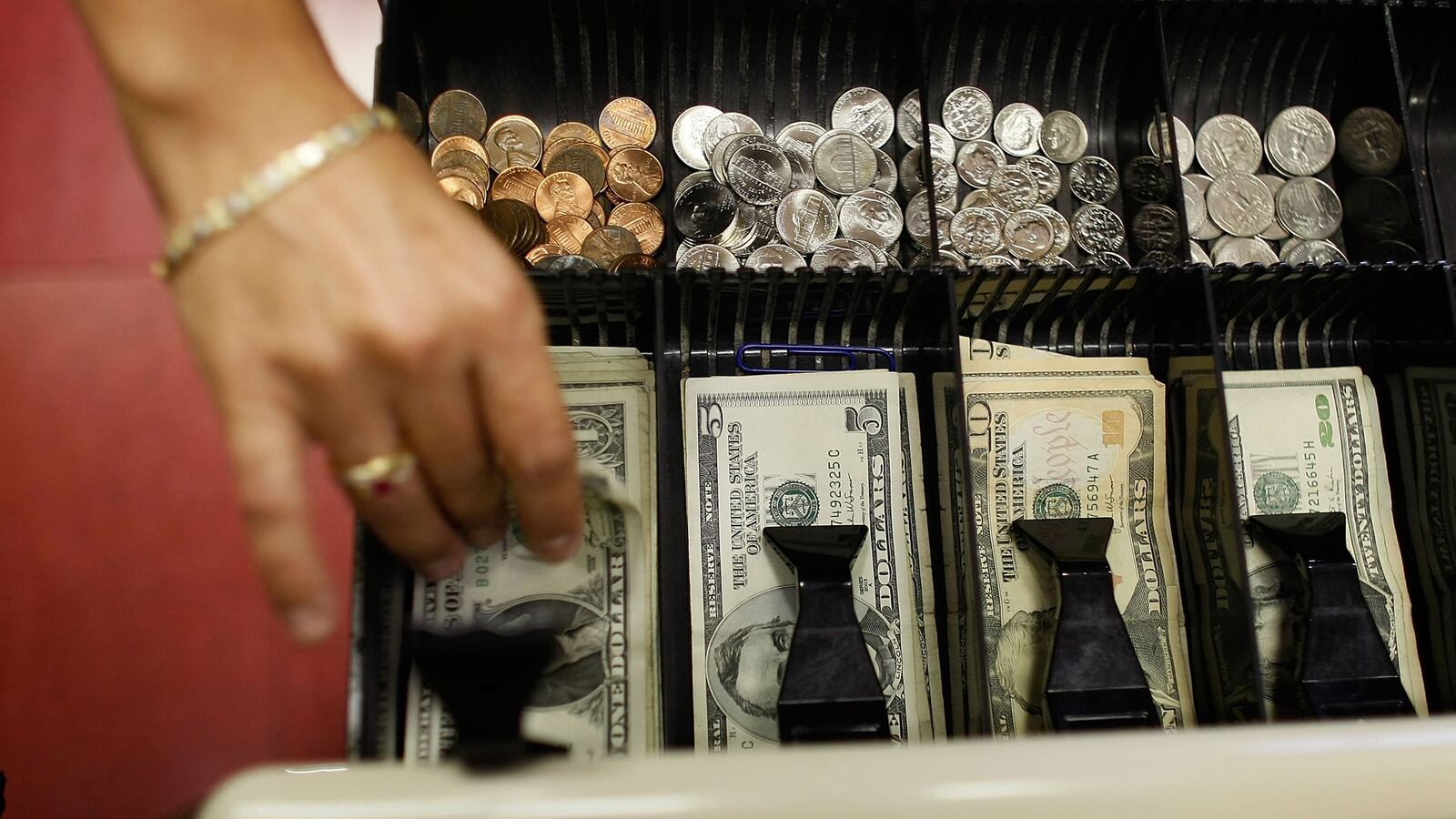It was Groundhog Day in the Senate Wednesday.
Just minutes after an attempt to end a filibuster of a bill to raise the minimum wage to $10.10 was thwarted by a vote of 54-42 (falling short of the 60 votes needed to end debate), senior Democrats vowed that they would try to lift the pay of American workers "again and again and again" in the words of Sen. Tom Harkin (D-IA).
The Democrats insisted that while they were willing to compromise to achieve their goal of raising the minimum wage, the number $10.10 was sacrosanct and they would not accept a lesser increase. Instead, they would continue to force votes on a wage increase throughout the summer and into the fall.
Not coincidentally, the midterm elections will be held in the fall when less well-to-do Democratic leaning voters are less likely to turn out than in a presidential year. Needless to say, Democrats are hoping to use the issue to motivate their base.
The current federal minimum wage is $7.25 and has not been raised since 2009. Democrats both made moral arguments for raising the minimum pay rate. Chuck Schumer (D-NY) bewailed the plight of a worker at JFK Airport who had issues raising her children on minimum wage. Harkin noted the effect raising the wage would have in increasing aggregate demand and boosting the economy in a floor speech. Majority Leader Harry Reid blamed the Koch Brothers for the vote's failure as well. In other words Democrats made the same arguments they have been making for years on the matter.
Republicans followed the script too. They pointed to Democratic inflexibility. Sen. John McCain (R-AZ) complained that the GOP wasn't allowed to offer any amendments while Sen. Susan Collins (R-ME), a key swing vote, was upset that Democrats weren't considering what she believed would be "a more reasonable increase." The Maine senator bewailed that "this is clearly a political vote because everyone knows its not going to pass and if you really care about working people, you would allow alternatives." Only one Republican, Bob Corker of Tennessee voted to end debate.
While "a more reasonable increase" would be much more likely to pass the Senate, it's hard to imagine any minimum wage increase passing in the House. Instead, this is all about election year posturing for both sides. Raising the wage to $10.10 is a popular issue and Democrats want to take as many votes as possible to do so while Republicans would rather avoid it altogether.





